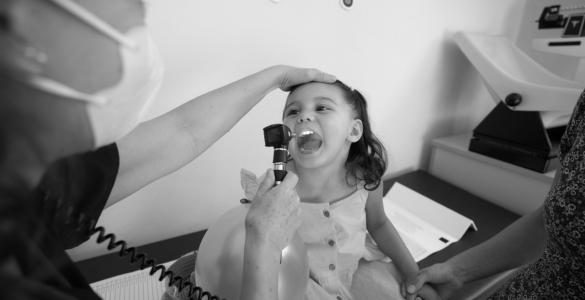An accessibility audit on a Drupal 9 website

iRecord is a website that allows users to share wildlife observations with accompanying photos.
We carried out a thorough accessibility audit for iRecord after a recent website makeover. For us, this work is part of our continuing efforts to make the internet a more just, equitable, and inclusive place for everyone.
Our accessibility audit reveals a website's full potential. We collaborate iteratively to build enhancements that will helps the client meet business KPIs. Making the website more performant and accessible to all visitors implies increasing the chances of success by reaching a target audience.
We provided two kinds of report: one for accessibility and one for website performance. These audits identify areas for improvement and serve as a starting point for development roadmaps.
When we performed the audit, we accepted that iRecord might already be aware of the items we raised. In fact, we saw this a positive thing; it meant we were on the same page and could collaborate to find the best solution.
We take pleasure in doing more comprehensive audits than others since we examine more than one page of your website. We produce a really realistic image.
Our testing
We utilised aXe to test numerous website URLs (around 10 - 15). aXe is a website accessibility testing engine for HTML-based user interfaces. We used aXe first, then manually tested the site to verify we cover all of the remaining WCAG 2.1 requirements.
Note, WCAG 2.2 is coming and here's what's new and how are you can comply.
Manual tests
More than just putting items online and passing a WCAG 2.1 audit counts as accessibility. It entails making the information and design clear and easy enough that the majority of people can use it without having to adjust it, while also assisting those that do.
As such, we proposed using automatic scripts to check for greater accessibility, but there was a lot more that could’ve been evaluated manually. Such as how a user tabs across the website and whether or not the content/image descriptions are relevant.
We took our findings from the manual tests and provided an list of accessibility roadmap recommendations.
Performance
Google Lighthouse is an open-source, automated web page quality-improvement technology. Performance, accessibility, progressive web apps, and more are all audited. It provides a full view of potential user experience and development bottlenecks.
Lighthouse assigns a score out of 100 based on how well the specified URL performs against common metrics. A score of 60 or higher is considered good, and a score of 90 or more is considered exceptional. Within the audit, we solely looked at the performance tab because we feel that strong site performance and accessibility are critical for the optimal user experience.
Again, as with our manual test findings, we also provided a roadmap to incorporate the recommendations from Google Lighthouse.
Accessibility statement
A website should have an accessibility statement and a roadmap to show that you'll fix any issues. As such, as a final task, we created a draft accessibility statement to be published on the ECMWF website.

